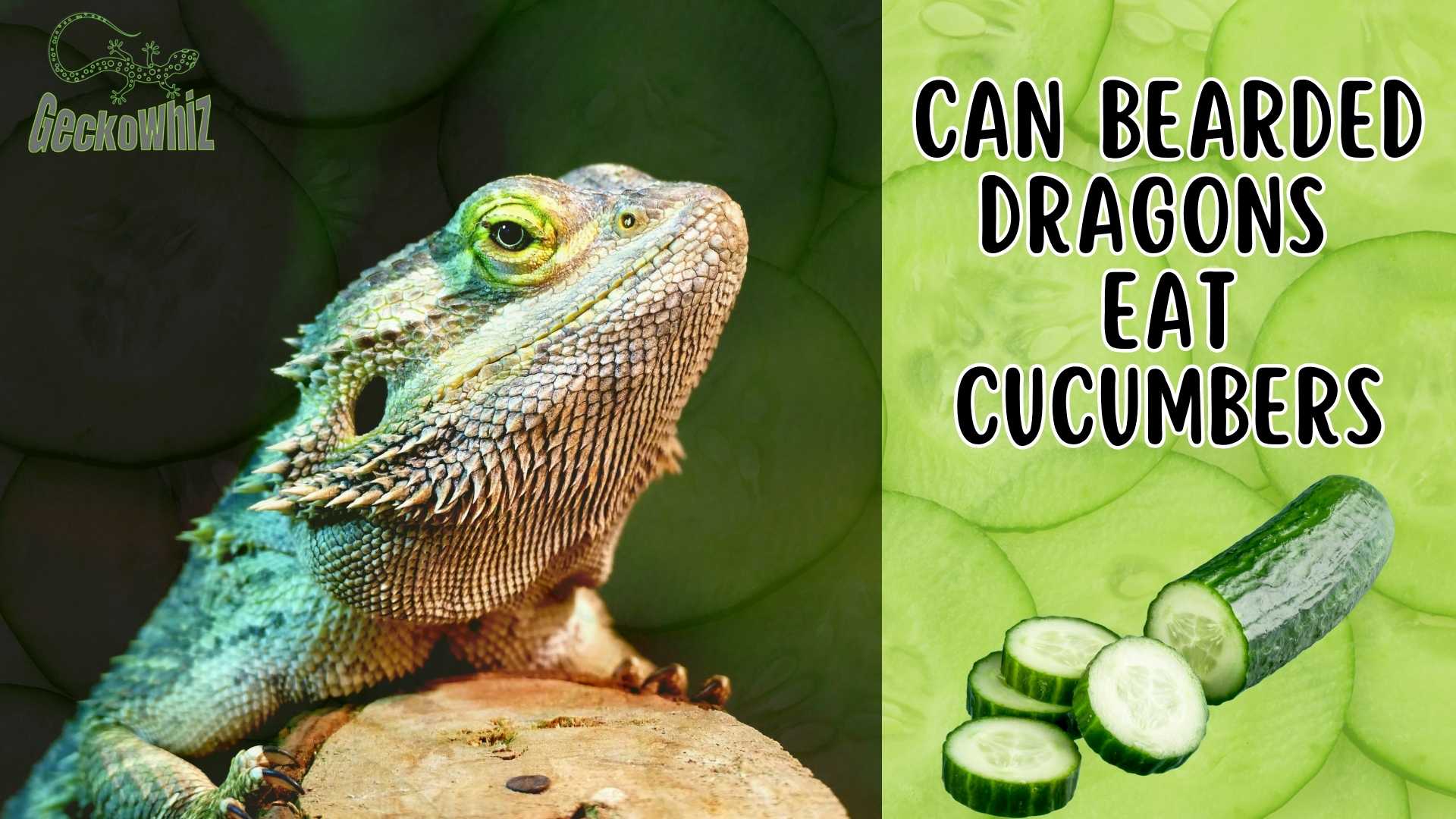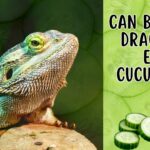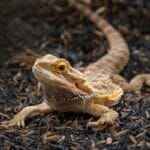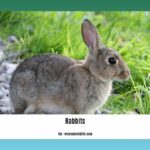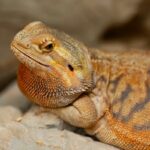So, you’re curious about whether your bearded dragon can enjoy a crunchy cucumber? This comprehensive guide dives into the details of feeding cucumbers to beardies, exploring the nutritional nuances and offering practical advice for responsible pet ownership.
Cucumber Nutrition: Hydration vs. Health
Cucumbers are not toxic to bearded dragons, but they offer minimal nutritional value. They’re primarily water (around 96%!), providing hydration but lacking essential vitamins and minerals crucial for a dragon’s well-being. While a small amount of fiber, calcium, and phosphorus is present, it’s negligible compared to the nutritional punch of staple foods. Learn about other veggies best for bearded dragons.
The Hydration Dilemma
Cucumbers can contribute to hydration, especially during warmer months. However, their high water content can backfire. Overconsumption can easily lead to diarrhea, disrupting a beardie’s sensitive digestive system. Fresh, clean drinking water should always be their primary hydration source.
Calcium Concerns: A Potential Imbalance
Some experts suggest that the phosphorus content in cucumbers could interfere with calcium absorption. While ongoing research is exploring this further, the calcium-to-phosphorus ratio is not ideal for bearded dragons. A poor ratio can contribute to Metabolic Bone Disease (MBD) over time, a serious health concern affecting bone health.
Serving Size and Preparation: The Cucumber Checklist
If you choose to offer cucumber, moderation and proper preparation are essential.
Moderation is Key
A thin, bite-sized piece, no more than once every two weeks, is a safe guideline for adult bearded dragons. Think of it as a rare treat, not a dietary staple. Overdoing it, even with proper preparation, can disrupt their digestive system.
Prepping Cucumbers: A Step-by-Step Guide
- Wash: Thoroughly wash the cucumber to remove pesticides and contaminants.
- Peel: Peeling removes potential pesticide residue and makes the cucumber easier to digest.
- Deseed: Seeds pose a choking hazard and are not easily digestible.
- Chop: Cut into small, manageable pieces appropriate for your dragon’s size.
Healthier Alternatives: Nourishing Your Dragon
Instead of cucumbers, focus on nutrient-rich options that support your dragon’s health.
- Insects: Gut-loaded crickets and dubia roaches should be the foundation of their diet, providing essential protein and other nutrients.
- Leafy Greens: Collard greens, dandelion greens, and mustard greens offer a wealth of vitamins and minerals.
- Other Vegetables: Bell peppers (avoid red ones) and butternut squash provide variety and additional nutrients. Discover more safe and nutritious veggies.
Are you curious if bearded dragons can enjoy blackberries? Find out here!
Recognizing Digestive Problems
Even small amounts of cucumber can cause digestive upset in some bearded dragons. Monitor your dragon after they eat cucumber, watching for changes in stool consistency, lethargy, or decreased appetite. Consult a reptile veterinarian if you notice any concerns. Learn about other vegetables that bearded dragons shouldn’t eat.
What veggies can beardies not eat?
Providing a healthy diet for your bearded dragon means knowing which vegetables to avoid entirely. Some veggies are toxic, while others offer little nutritional value and can even cause health problems.
Toxic Vegetables: Absolute No-Nos
- Avocado: Contains persin, a toxin harmful to bearded dragons.
- Rhubarb & Spinach: High in oxalates, which interfere with calcium absorption and can lead to Metabolic Bone Disease (MBD).
- Allium Family (Onions, Garlic, Chives, Leeks): Contain compounds that can damage red blood cells.
Vegetables to Limit: Proceed with Caution
- Cucumber: While not toxic, it’s low in nutrients and high in water, potentially causing diarrhea. Seeds are also a choking hazard.
Pickled or Canned Veggies: Stay Away
Preservatives and added salt in pickled and canned vegetables make them unhealthy and potentially harmful to bearded dragons.
Seeds: A Choking Hazard
Always remove seeds from any vegetables before offering them to your dragon.
What veggies are best for bearded dragons?
A vibrant, varied diet is essential for a thriving bearded dragon. While insects provide crucial protein, vegetables play a vital role in providing essential vitamins and minerals.
Leafy Green Superstars:
- Collard Greens, Mustard Greens, Turnip Greens: These are nutritional powerhouses, packed with essential nutrients and low in oxalates.
Colorful Choices:
- Squash (Butternut, Acorn), Pumpkin, Carrots: Offer a good source of vitamins and variety.
- Bell Peppers (Green is best, avoid red), Green Beans: Provide additional nutrients and texture.
Cruciferous Veggies: Moderation is Key
- Kale, Cabbage: Offer these sparingly due to their goitrogen content, which can affect thyroid function in large amounts.
Herbs and Flowers: Gourmet Additions
- Parsley, Cilantro, Basil: Add flavor and some extra nutritional benefits.
- Edible Flowers (Alfalfa, Hibiscus): Offer as very rare treats.
Variety is the Spice of Life (and Health!)
Rotate the vegetables you offer to ensure your dragon receives a balanced mix of nutrients. If your dragon is a picky eater, try mixing new veggies with their favorites or offering them in different ways (finely chopped, grated, etc.).
Remember, a healthy bearded dragon diet consists primarily of insects and leafy greens, with other vegetables, fruits, and occasional treats like cucumber offered sparingly and with careful consideration. Always consult with a reptile veterinarian for personalized advice on your dragon’s specific dietary needs. Current research continues to shed light on the intricate nutritional requirements of these fascinating reptiles, so stay informed and prioritize their well-being.
- Unlock Water’s Symbolism: A Cross-Cultural Exploration - April 20, 2025
- Identify Black and White Snakes: Venomous or Harmless? - April 20, 2025
- Unlocking Potential: Origins High School’s NYC Story - April 20, 2025
